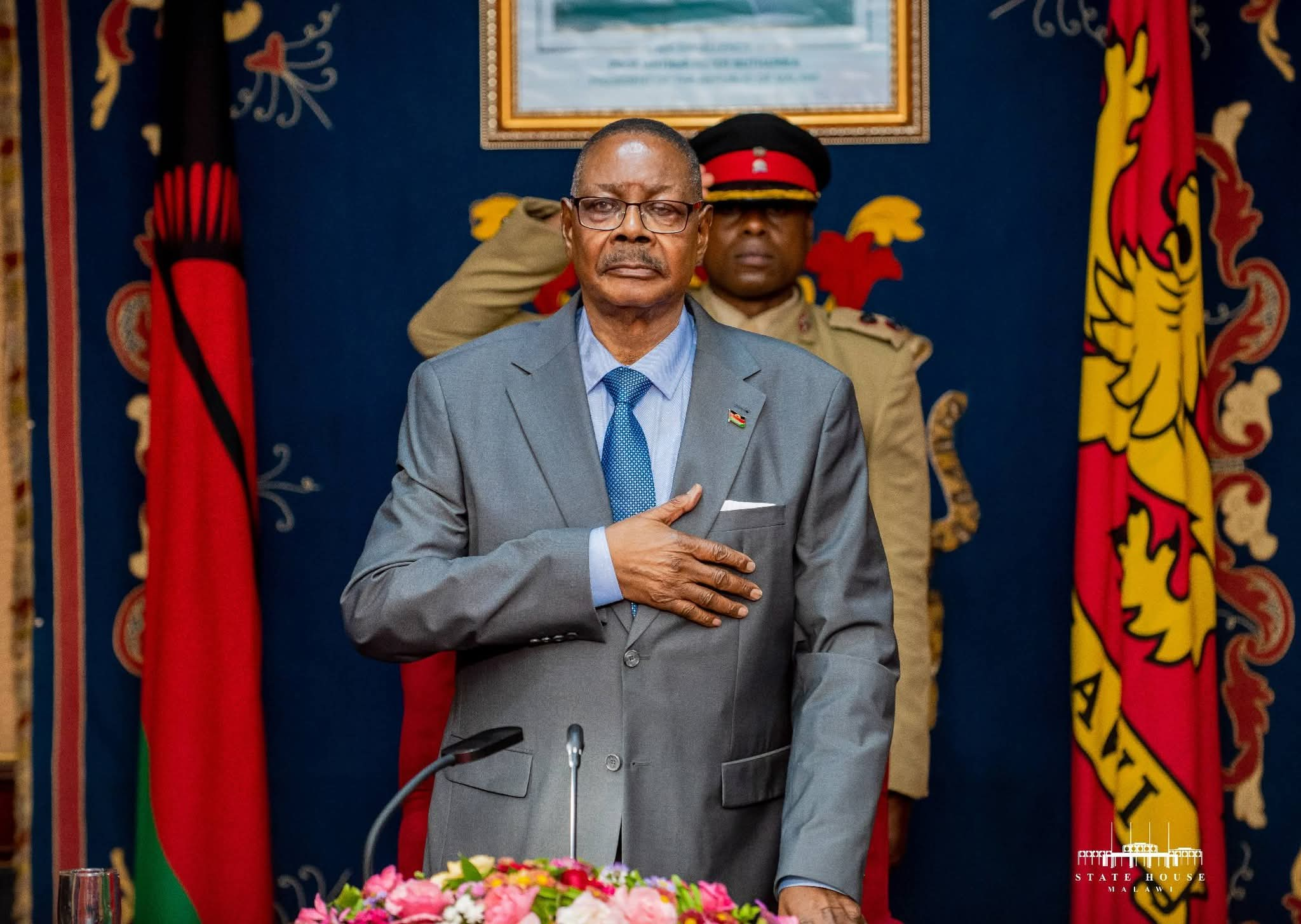By Jones Gadama
Dr. Florida Banda’s recent appointment as the Director for Teacher Education and Development (DTED) in the Ministry of Education is more than just a professional advancement; it is a powerful testament to resilience, meritocracy, and the changing tides in Malawi’s political and educational landscape.
This appointment signifies a corrective measure to past injustices where a highly educated and capable woman was unfairly relegated to a lesser role due to political biases under the former MCP-led government.
Dr. Banda’s story is one that resonates deeply with many Malawians who have witnessed how political affiliations have been wielded as tools of oppression rather than instruments of national development.
As a lecturer at Domasi College of Education, an institution where she once held the esteemed position of Principal, Dr. Banda’s career trajectory epitomizes dedication to education and leadership.
However, her journey has not been without significant challenges, particularly during the reign of the previous government.
Under the MCP administration, Dr. Banda, faced unwarranted political persecution.
The former government, instead of valuing her qualifications and contributions to education, chose to sideline her, along with many other talented officers, by redeploying them to positions that were clearly beneath their capabilities.
This act was not just a professional demotion but a blatant attempt to suppress dissent and stifle the growth of individuals who did not align with the ruling party’s ideologies.
Such political victimization undermines the principles of fairness, equity, and the spirit of national service that should guide public appointments.
The MCP-led government’s actions were a disservice not only to Dr. Banda but also to the broader educational sector and the nation.
By sidelining competent professionals based on political affiliations, the government compromised the quality of education and development outcomes.
It sent a discouraging message to other public servants and educators that merit and expertise are secondary to political loyalty.
This approach erodes trust in public institutions and hampers national progress.
In stark contrast, the current DPP-led government, under the leadership of President professor Arthur Mutharika has demonstrated a commendable commitment to meritocracy and inclusivity.
Recognizing Dr. Banda’s immense potential and expertise, the government has rightfully reinstated her to a lucrative and impactful leadership position within the Ministry of Education.
This decision not only rectifies a past wrong but also sends a strong signal that qualifications, experience, and dedication are the true criteria for leadership roles in Malawi.
Dr. Banda’s appointment as Director for Teacher Education and Development is crucial at a time when Malawi is striving to improve its educational standards and teacher capacity.
Her wealth of experience, both as an academic and an administrator, equips her with the insight and skills necessary to drive meaningful reforms and development in teacher education.
This appointment embodies the DPP government’s resolve to harness the best human resources for national development, free from political prejudice.
It is important to acknowledge the courage and perseverance Dr. Banda exhibited throughout her career.
Despite facing political suppression, she remained committed to her profession and continued to contribute to teacher education at Domasi College.
Her unwavering dedication serves as an inspiration to many, demonstrating that excellence and integrity can triumph over adversity.
The DPP government’s decision to appoint Dr. Banda on merit sends a powerful message to all Malawians that political loyalty will no longer dictate the fate of skilled professionals.
This approach fosters a culture of fairness and encourages public servants to perform their duties diligently, knowing that their efforts will be recognized and rewarded on the basis of competence and achievements.
While it is imperative to appreciate the positive strides made by the current administration, it is equally important to hold the former MCP government accountable for practices that undermined professionalism and meritocracy.
The political victimization of Dr. Banda and others was a regrettable blemish on the nation’s governance record.
Such actions not only wasted valuable human capital but also sowed division and mistrust among Malawians.
The story of Dr. Florida Banda is a compelling narrative of resilience, justice, and hope.
Her rise from political suppression to a prominent leadership role under the DPP government exemplifies the transformative power of merit-based appointments.
Malawi stands to benefit greatly from leaders like Dr. Banda who bring experience, dedication, and vision to the table.
Thumbs up to the DPP for championing meritocracy and restoring faith in public service appointments.
It is a clear indication that Malawi’s future lies in harnessing the talents of all its citizens, regardless of political affiliations, for the greater good of the nation.




